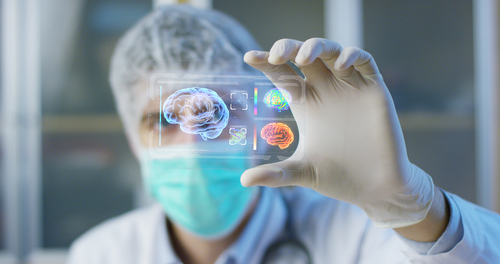Many people who don’t understand addiction may often wonder what happens in the brain when someone is battling an addiction. If you are struggling with addiction, you need to learn about what’s going on inside your head. You may have someone you love that doesn’t understand but is willing to learn more. This article is for you and them. Continue reading to learn more about how the brain reacts to addictive substances, according to TIME Magazine.
- “We feel good when neurons in the reward pathway release a neurotransmitter called dopamine into the nucleus accumbens and other brain areas.”
We may try something, like a substance one time, and feel a reward from it. The neurotransmitter dopamine is released into the brain, giving us a sense of pleasure. This makes us feel good.
- Neurons in the reward pathway communicate by sending electrical signals down their axons. The message is passed to the next neuron across a small gap called the synapse.”
The electrical signals that are passed through our brain let us know that what we did brought us pleasure. The dopamine is transported through our brain and into the synapse.
- “Dopamine is released into the synapse, crosses to the next neuron and binds the receptors, providing a jolt of pleasure. Excess dopamine is taken back up by the sending cell. Other nerve cells release GABA, an inhibitory neurotransmitter that prevents the receptor nerve from being overstimulated.”
When the dopamine reaches the synapse, we feel pleasure from the substance we just used. Another neurotransmitter, GABA, is also released that contributes to the pleasure.
- “Addictive substances increase the amount of dopamine in the synapse, heightening the feeling of pleasure. Addiction occurs when repeated drug use disrupts the normal balance of brain circuits that control rewards, memory, and cognition, ultimately leading to compulsive drug-taking.”
The substances we take can increase the amount of dopamine that is released. This creates an even larger sensation of pleasure. Addictions happen when our brain and body get used to the increased level of dopamine, leaving it wanting more. This will form habits in us that increase our chances of taking the substance again.
Along with the care we practice at Arbor Behavioral Healthcare, we also want to preach love and acceptance for yourself and your loved ones who may be struggling with an addiction. It’s essential to show that you care for them and support them in their recovery journey. Call us today at 844-413-2690 for more information about the substance use programs we offer.


